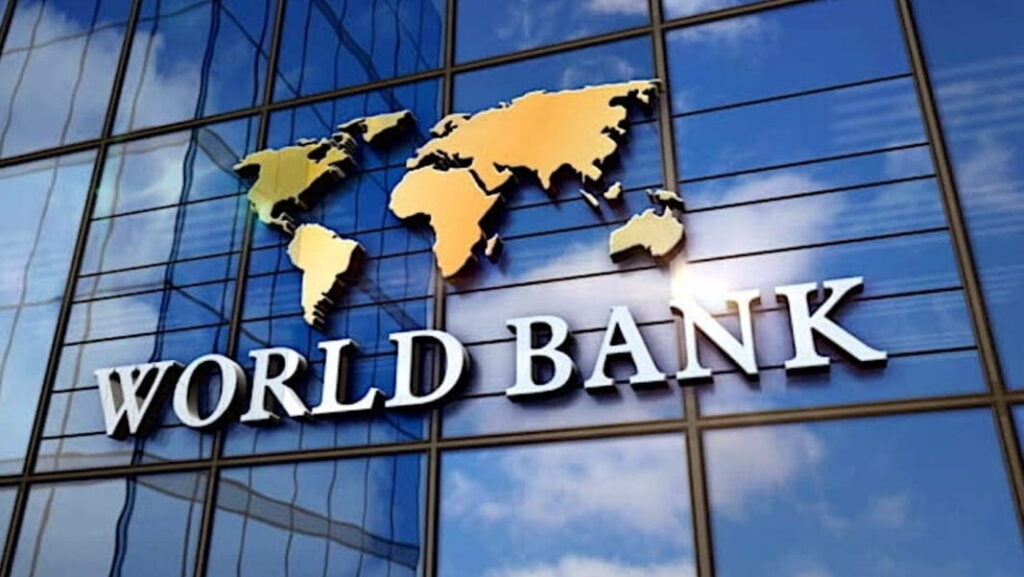The World Bank has launched a significant initiative aimed at enhancing forest landscapes in the northeastern states of Tripura and Nagaland. The project, named ELEMENT (Enhancing Landscapes for Environmental Management and Transformation), is set to positively impact over 700,000 people across these regions. The primary goals of the project are to promote economic growth, reduce carbon emissions, and create job opportunities by focusing on sustainable forest management and conservation practices.
For years, the forest landscapes in these states have faced numerous challenges such as deforestation, illegal logging, and unregulated agricultural activities. These issues have not only harmed the environment but also affected local communities that rely on forests for their livelihood. The ELEMENT project seeks to address these challenges by promoting sustainable land and forest management practices that can benefit both the environment and the people.
The project is designed to tackle the urgent need for forest regeneration and better land use practices, which will help improve the biodiversity in these areas. It will also help protect soil and water resources, which are vital for the livelihood of local communities. Through this initiative, the World Bank aims to empower local communities by providing them with the knowledge and tools needed to engage in sustainable agriculture and forest management.
By strengthening forest ecosystems, the project will also contribute to reducing carbon emissions, which is essential in the global fight against climate change. Forests act as carbon sinks, absorbing carbon dioxide from the atmosphere and helping to mitigate the impact of greenhouse gases. The improved management of forests in Tripura and Nagaland will thus play a crucial role in enhancing the carbon sequestration capacity of the region.
One of the key components of the ELEMENT project is its focus on community-based management. Local communities will be actively involved in decision-making processes and will be provided with training on best practices for forest management and sustainable farming. This participatory approach will not only ensure that the project is more effective but will also create a sense of ownership among the people, motivating them to protect and conserve their natural resources.
The project is also expected to generate new economic opportunities, particularly in the fields of ecotourism, non-timber forest products, and agroforestry. By promoting sustainable forest management practices, the World Bank hopes to provide communities with alternative sources of income that are both environmentally friendly and economically viable. This will help reduce the pressure on forests and allow them to regenerate and thrive.
The economic benefits of the project extend beyond job creation. By improving the health of forests and their ecosystems, the project will help boost agricultural productivity. Healthy forests play a key role in maintaining soil fertility and water quality, both of which are essential for farming. The ELEMENT project will thus enhance agricultural resilience in the region, providing farmers with the tools and knowledge they need to adapt to changing environmental conditions.
The initiative is not only focused on environmental restoration but also on improving the livelihoods of the people living in and around these forests. By empowering communities with sustainable practices and creating new job opportunities, the project is expected to contribute to long-term economic stability in Tripura and Nagaland.
As the project progresses, it is expected to set a precedent for other regions in India and beyond, demonstrating the importance of integrating environmental conservation with economic development. The success of the ELEMENT project could provide a model for similar initiatives in other parts of the world, showing that sustainable forest management can be a powerful tool for promoting both environmental and economic sustainability.
With the backing of the World Bank, the ELEMENT project has the potential to transform the way forests are managed in Tripura and Nagaland, creating a legacy of sustainability for future generations. This initiative stands as a testament to the importance of collaboration between international organizations, local governments, and communities in tackling environmental challenges and improving the well-being of people.
Through this ambitious project, Tripura and Nagaland will not only contribute to the fight against climate change but also ensure that their forest resources continue to benefit the local population for years to come.

